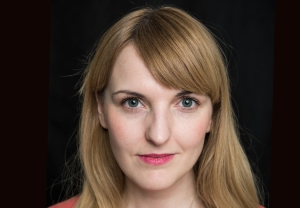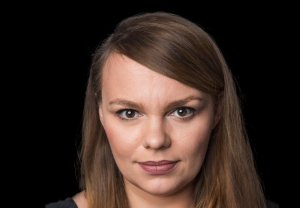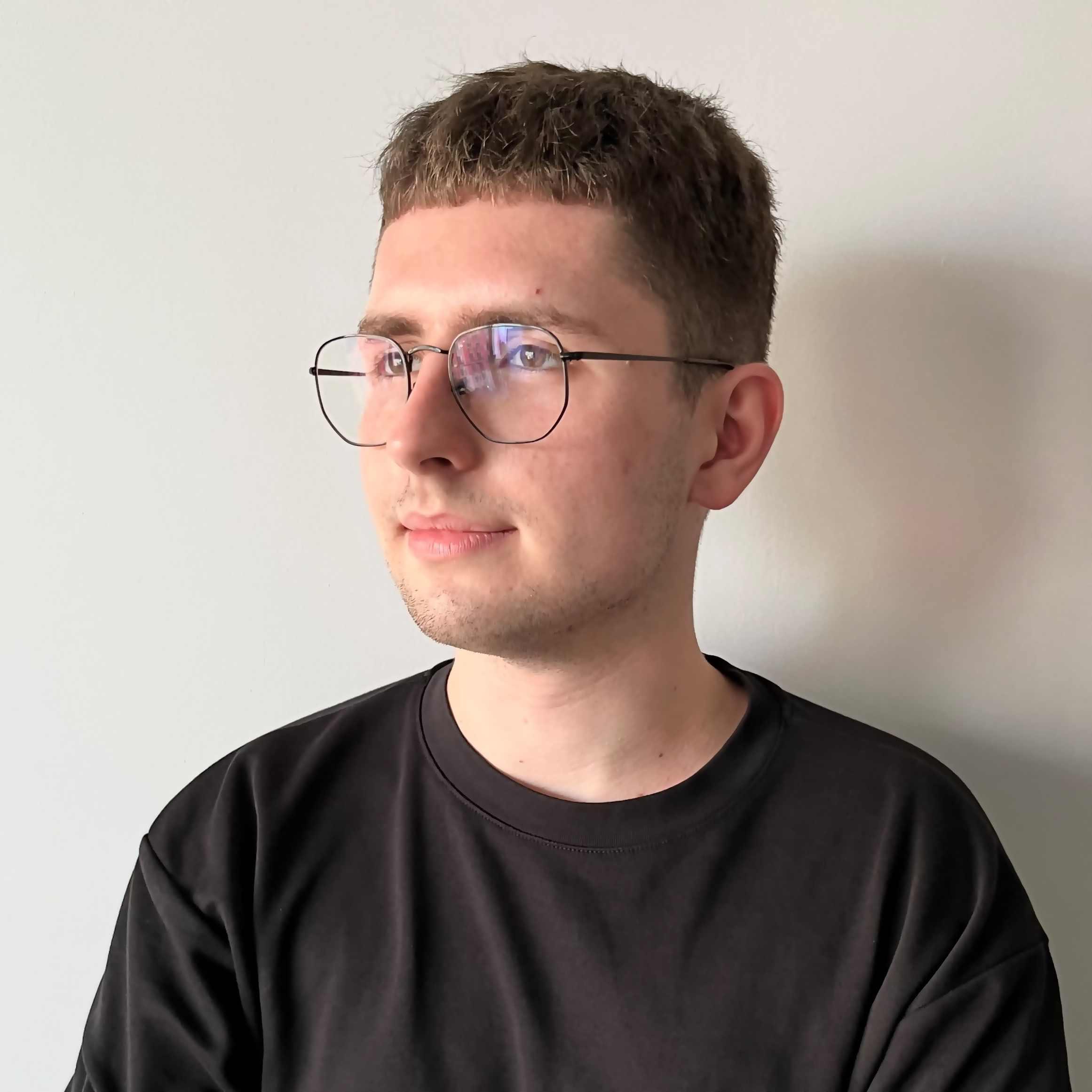As part of an international research consortium, researchers from SWPS University’s StresLab will develop an online platform and a mobile app, which will provide mental health support for adolescents and young adults.
The project is funded by the EU’s Horizon Europe Horizon 2022 fund, project no. 101080923.
The goal of the SMILE project is to support mental health and wellbeing of youth and young adults. As part of the project, researchers will develop a platform, which will include psychological tools geared at increasing mental resilience, cognitive flexibility, sense of self-efficacy, critical thinking, self-regulation, and confidence.
The main tool on the platform is the SMILE game. The game consists of five short modules, each focused on a different psychological resource. The SMILE game is designed for healthy young people and aims to improve their ability to cope with the stress of everyday life.
The game is co-created by the target users — individuals aged 10–24.
The project is part of the Horizon Europe initiative carried out by a consortium of 14 partner institutions, representing 9 European countries. The team from SWPS University is led by Ewelina Smoktunowicz, Ph.D..
The essence of the SMILE project is to provide young people with proven methods of enhancing their health and well-being in the form of a game app, available on mobile devices. Why in the format of a game? Why expose them to another screen-based activity? Because games are engaging and such formats increase the chances of young people actually using the proposed health-related support, which can improve their quality of life.

Smoktunowicz, Ewelina
Principal Investigator
Specialization
psychologist
First and last name
Ewelina Smoktunowicz
Academic degree or title
Ph.D. / Associate Professor
Email
This email address is being protected from spambots. You need JavaScript enabled to view it.
Position
profesor uczelni
Role in the Faculty
{"funkcja-na-wydziale0":{"Funkcja":"Coordinator of the E-health: Internet Interventions specialization in the Psychology and Computer Science Program","\u0141\u0105cznik":"at the","Nazwa w mianowniku":"Faculty of Design in Warsaw"}}
Role in the Department
{"funkcja-w-katedrze0":{"Funkcja":"Head","\u0141\u0105cznik":"of the","Nazwa w mianowniku":"Department of New Technologies in Social Applications"}}
Role in the Institute
{"funkcja-w-instytucie0":{"Funkcja":"","\u0141\u0105cznik":"","Nazwa w mianowniku":"Institute of Psychology"}}
Role in the Research Center
{"funkcja-w-centrum0":{"Funkcja":"Head","\u0141\u0105cznik":"of","Nazwa w mianowniku":"Streslab: Stress Research Center"}}
Ph.D. / Associate Professor Ewelina Smoktunowiczpsychologist
Methodology
The study will be conducted in three phases across seven countries: Poland, Cyprus, Germany, Italy, Slovenia, Spain, and the United Kingdom.
- During the first phase, participating adolescents and young adults, their parents, teachers and educators, will evaluate selected tools offered by the SMILE game. This will help researcher to make necessary adjustments to the tools and ensure that the target audience contribute their input to the final design of the game.
- During the second, and the main phase of the project, researcher will pilot the SMILE game. In Poland, they will invite several primary and secondary schools, and universities, to participate. The researchers plan to recruit 300 student participants. The participants will be asked to use the SMILE platform, primarily the game, over a specified period of time. They will also be required to regularly complete surveys concerning their well-being, using their smartphones.
- During the third phase of the study, the researchers will conduct interviews with selected teachers, clinicians, and parents of the younger participants to gather their opinions on the SMILE platform and its potential applications in their daily work.
Practical applications
The researcher hope that the results of the SMILE project will make a significant contribution to the development of digital tools that enhance well-being and mental health of young people. If the game proves to be acceptable and helpful, the researchers will work towards making it more widely available.
Another goal of the project is to help develop safer and more supportive digital environment for young people. The researchers also want to show that new technologies, which have a bad reputation for harmful impact on the society, can also be used for the benefit of people.
Research team

Leśnierowska, Magdalena
Specialization
psychologist
First and last name
Magdalena Leśnierowska
Academic degree or title
Ph.D. / Assistant Professor
Role in the Faculty
{"funkcja-na-wydziale0":{"Funkcja":"Dean's Representative for Research and Community Engagement and Coordinator of the Psychology in Organization and Technology specialization","\u0141\u0105cznik":"at the","Nazwa w mianowniku":"Faculty of Psychology in Warsaw"}}
Role in the Department
{"funkcja-w-katedrze0":{"Funkcja":"","\u0141\u0105cznik":"","Nazwa w mianowniku":"Department of Social Psychology"}}
Role in the Institute
{"funkcja-w-instytucie0":{"Funkcja":"","\u0141\u0105cznik":"","Nazwa w mianowniku":"Institute of Psychology"}}
Role in the Research Center
{"funkcja-w-centrum0":{"Funkcja":"","\u0141\u0105cznik":"","Nazwa w mianowniku":"Stresslab: Stress Research Center"}}
Email
This email address is being protected from spambots. You need JavaScript enabled to view it.
Ph.D. / Assistant Professor Magdalena Leśnierowskapsychologist

Members of the research consortium
- FTK-Forschungsinstitut für Telekommunikation und Kooperation, Germany (coordinator)
- RDIUP, France
- Universitätsklinikum Heidelberg, Germany
- Nurogames GmbH, Germany
- Heriot-Watt University, United Kingdom
- IRCCS Azienda Ospedaliero-Universitaria di Bologna – Policlinico di Sant’Orsola, Italy
- Univerza v Mariboru, Slovenia
- Mestina občina Maribor, Slovenia
- C.I.P. Citizens in Power, Cyprus
- nVision Systems and Technologies SL, Spain
- WIZ Development & Services SRL, Romania
- SWPS University, Poland
- Fundación Intras, Spain
- University of Edinburgh, United Kingdom
- University of Bologna, Italy
Contact
SWPS University's Project Coordinator e-mail: This email address is being protected from spambots. You need JavaScript enabled to view it.
Read more about the project